How To Become A Park Ranger 2025 (from personal experience)
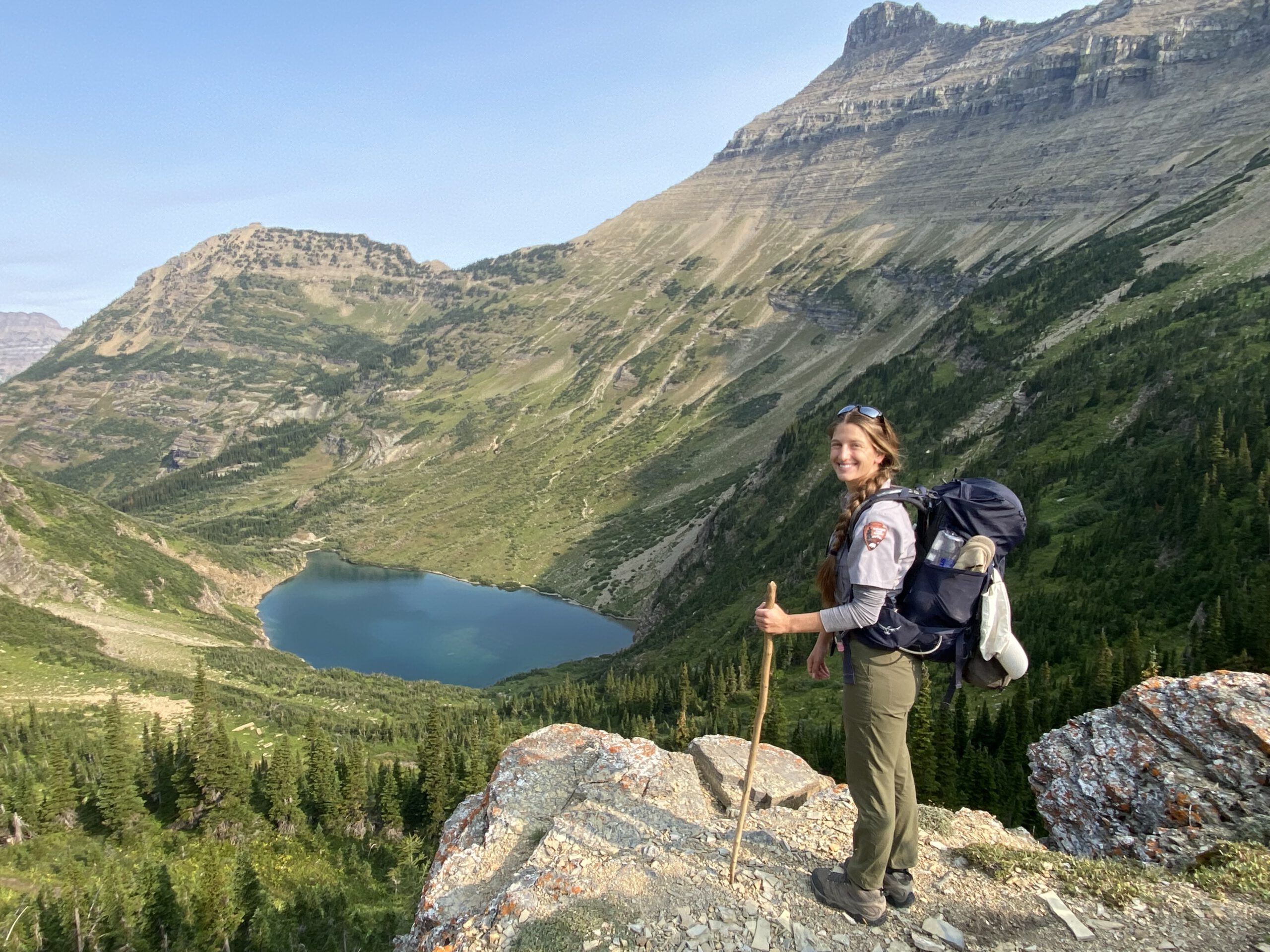
When visiting America’s National Parks the thought may have crossed your mind – how do you become a park ranger? It’s a question park rangers are often asked. However, the answer is not as simple as you may hope. For starters, there are so many types of park rangers including Law Enforcement, Wilderness, Wildlife, Interpretation, Fees, and more. If you’re serious about pursuing a career as a park ranger first ask yourself, which division you want to work in? Each division within the National Park Service has different requirements and qualifications needed for that specific field. I first worked as an Interpretive Park Ranger and in my second season I switched into a Backcountry Permitting role.
What does being an Interpretive Park Ranger mean?
An Interpretive Park Ranger, or Interp Ranger, serves as one of the first points of contact for the public. The main duty is to interpret the park’s history to the public in the form of educational programs. If you’ve ever gone to a ranger talk or ranger programming in a National Park, you can thank our Interpretive Park Rangers. Those rangers also man the visitor centers, give safety talks, answer phone calls and emails, rove trails, and more.
The exact duties of an Interpretive Park Ranger look slightly different from park to park but all Interpretive Rangers are public facing. They talk…a lot! Especially, if you are located in a busy National Park. When I was an Interpretive Park ranger, I would answer non-stop questions at the visitor center, give an educational program, and rove a trail of my choosing. My day would end with office time where I’d conduct research, answer phone calls, or work on a social media post for the park. Each day in Zion National Park, I had a completely different schedule but each day consisted of similar tasks. If this sounds good to you, continue on.
Now, what are the steps to becoming a Park Ranger?
1. Receive a Bachelor’s Degree
A degree is what qualified me to become an Interpretive Park Ranger. I graduated with a Bachelor of Arts in Art History. Fortunately, history degrees are part of the long list of degrees that are accepted when applying to become an Interpretive Park Ranger. Some people may think you need to have a degree in an outdoor related field, however that is actually false!
2. Get Real World Experience
I attribute landing my first park ranger position to the work experience I acquired after I graduated college. When I decided I wanted to pursue a job with the National Park Service, I knew I needed real experience to get the edge on the competition. I found a local historic lighthouse that was hiring for Historical Interpreters. It was perfect. I landed the job and it taught me the basics on how to give educational programming, answer questions, and be a knowledgeable interpreter.
It should be noted that I got my experience from a job, however there are other ways to gain credible experience. You could volunteer with the National Parks or a state park. If you’re still in college, a great way to get experience is by taking a summer internship with the National Parks. Many of my fellow park ranger colleagues went that route and it is how they found their path with the NPS (National Park Service). There are definitely other ways you can gain experience, these are just the ones I’m familiar with.
3. Create a Federal Resume
A federal resume is nothing like a typical resume. It’s extremely long and extremely detailed. My first federal resume was around six pages and this can be deemed on the shorter side by some. A federal resume should account for every job and internship you’ve held. Each role should go into depth on the exact duties and responsibilities that you had with each position.
There are a few things that make a federal resume unique. For each position you must list the number of hours worked and your hourly pay. What makes a federal resume most unique is definitely its length. It’s best to google “How to Build a Federal Resume” to make sure you leave nothing out. It’s also best to review each job announcement to be sure that you aren’t leaving anything out that could be crucial for HR purposes. Creating your federal resume is one of the most important parts in the entire process. If you leave something out, you may lose your chance of becoming a park ranger for that hiring season.
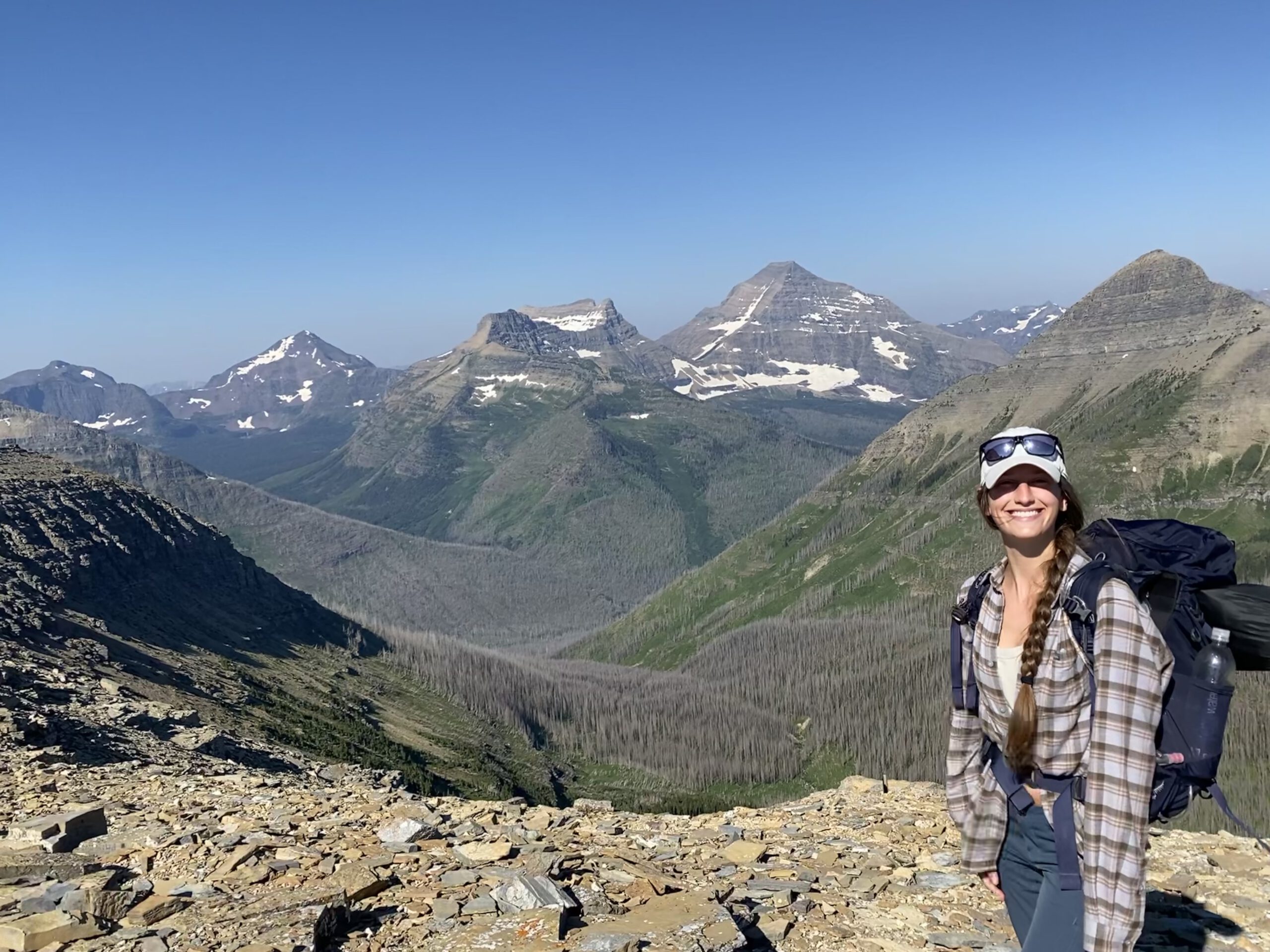
4. Create a USA Jobs Account
USA Jobs is the federal government’s job board. This is where you will search and apply for National Park Service jobs. Navigating USA Jobs is a little different than most job platforms. If you have never worked for the government and don’t qualify for exemptions such as holding Veterans Status, you will want to look at park ranger positions that are open to the public. You can create filters on USA Jobs so you are only being shown National Park Service, temporary/seasonal jobs, that are open to the public.
5. Timeline for the Hiring Process
The timeline and the process are very different from any other job you may have applied to in the past. It will definitely take some getting used to. First, seasonal National Park jobs typically fly from October to December. It’s best to check USA Jobs every day to make sure you don’t miss a job announcement. Second, you will apply. You’ll upload your federal resume, transcripts, other supporting documentation, and answer a questionnaire. Make sure that when you answer the questionnaire, that the questions are reflected in your resume. What I mean by this is, if you rate yourself as an expert on giving educational programming to the public, then make sure somewhere in your resume it is stated that you gave educational programming to the public.
Once you submit your application, it could be months before you hear back. Your application has to be vetted by HR. If you make it through HR, which is the hardest part, you’ll then get an email stating that you are eligible. If you don’t make it through HR, you will get an email stating that you are ineligible.
The second email you will receive, if you were found eligible, will state that you have been or have not been referred to the hiring manager. If you are referred, this means that your resume is now in the hands of the hiring manager at whichever National Park it is that you applied to. From there, the application process typically picks up. The hiring season typically occurs in February/March. However, each national park’s hiring timeline for park ranger positions varies every single year. I say typically over and over again because this is the government…count on inconsistencies.
6. Be Patient, Future Park Ranger
Patience is key with government hiring and working for the government in general. The process is long and tedious. It doesn’t get much better even once you are hired on as a park ranger. You’ll have to undergo a background investigation and fill out lots of paperwork. I have park friends whose background checks took a long time to go through and they weren’t allowed to start working on their anticipated entry on duty date – so pack your patience!
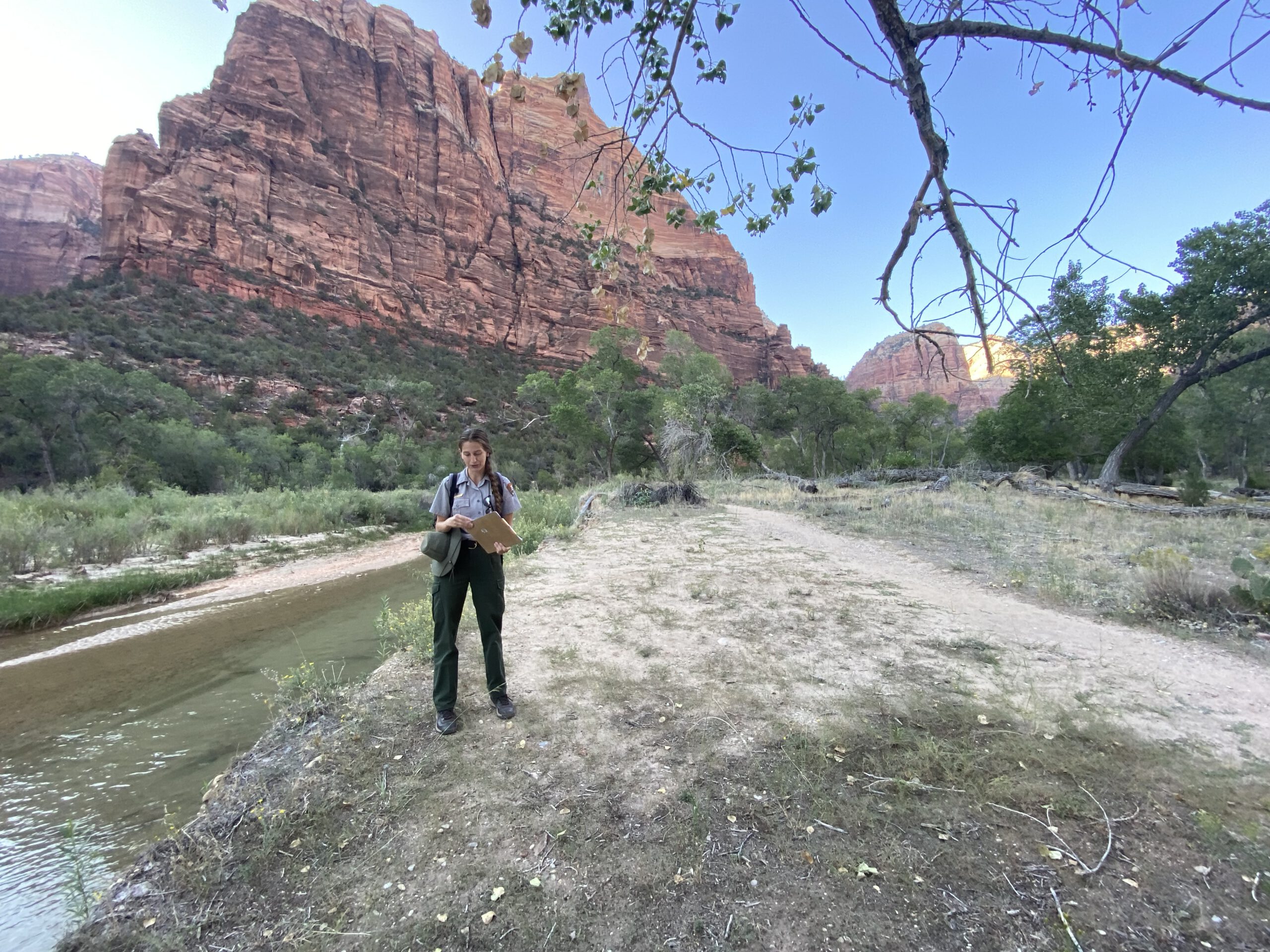
7. Like Any Job, There Are Pros and Cons
I think when people hear I’m a park ranger, they think I’m living out in the woods most of the time. That would be a skewed interpretation of what I do. I actually spend quite a lot of time indoors when I’m on the clock. To address the common over-romanticizing that is associated with unfamiliar experiences, like any other job, there are pros and cons to working as a Park Ranger.
The pros are pretty obvious – you get to work and play in a National Park. I don’t think it gets much better than that. However, there are plenty of cons. Those cons ultimately led me to the difficult decision to take a break as a park ranger (that story deserves a whole blog of its own…so stay tuned!)
8. Life as a Park Ranger
Life as a park ranger is pretty rad. And if you made it this far in the process, congratulations! It isn’t easy, especially when you have to figure it all out for yourself but you’re not alone! I am here to provide you with the knowledge I wish I had years ago. Take a chance, I know I wouldn’t trade my couple of seasons working as a National Park Service park ranger for anything else!
More From This Category
No Results Found
The page you requested could not be found. Try refining your search, or use the navigation above to locate the post.
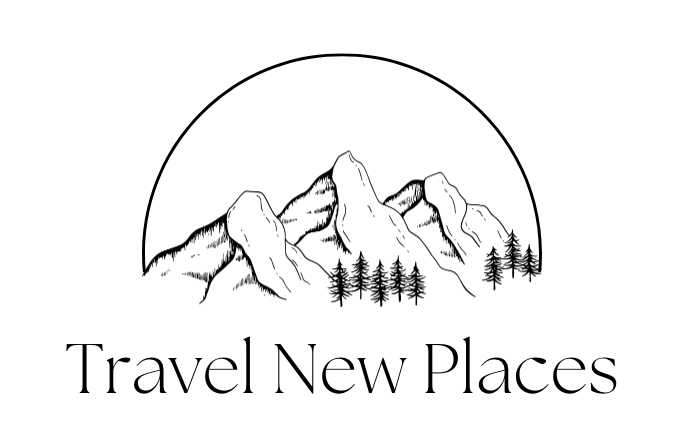
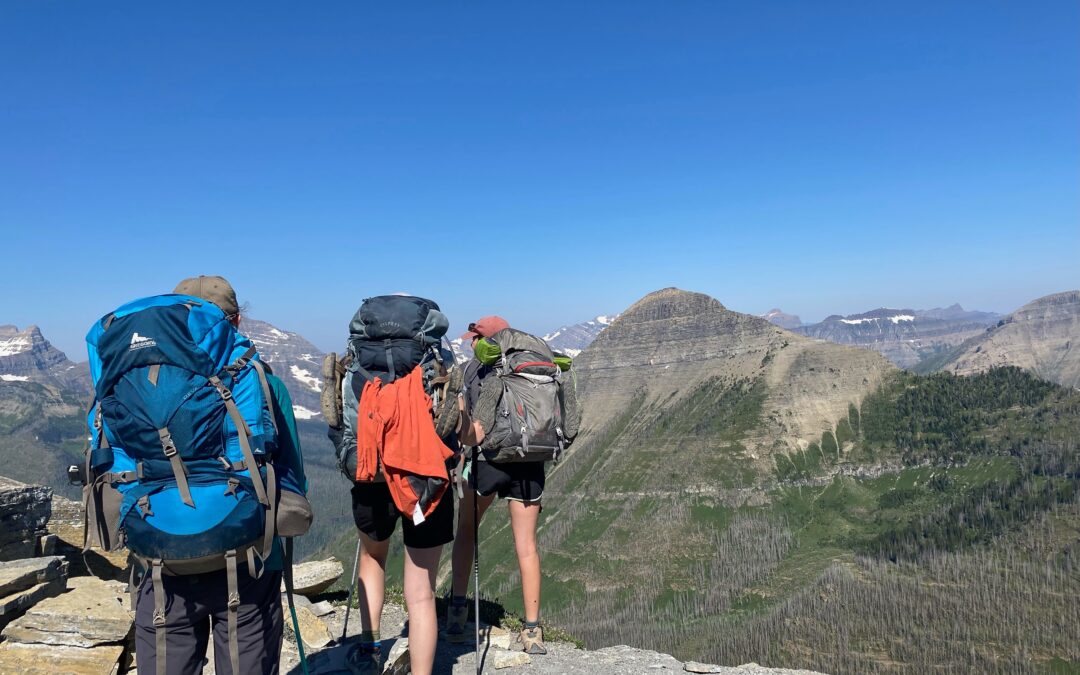
Thanks for sharing your thoughts on James R. Johnson. Regards
Thanks for reading!